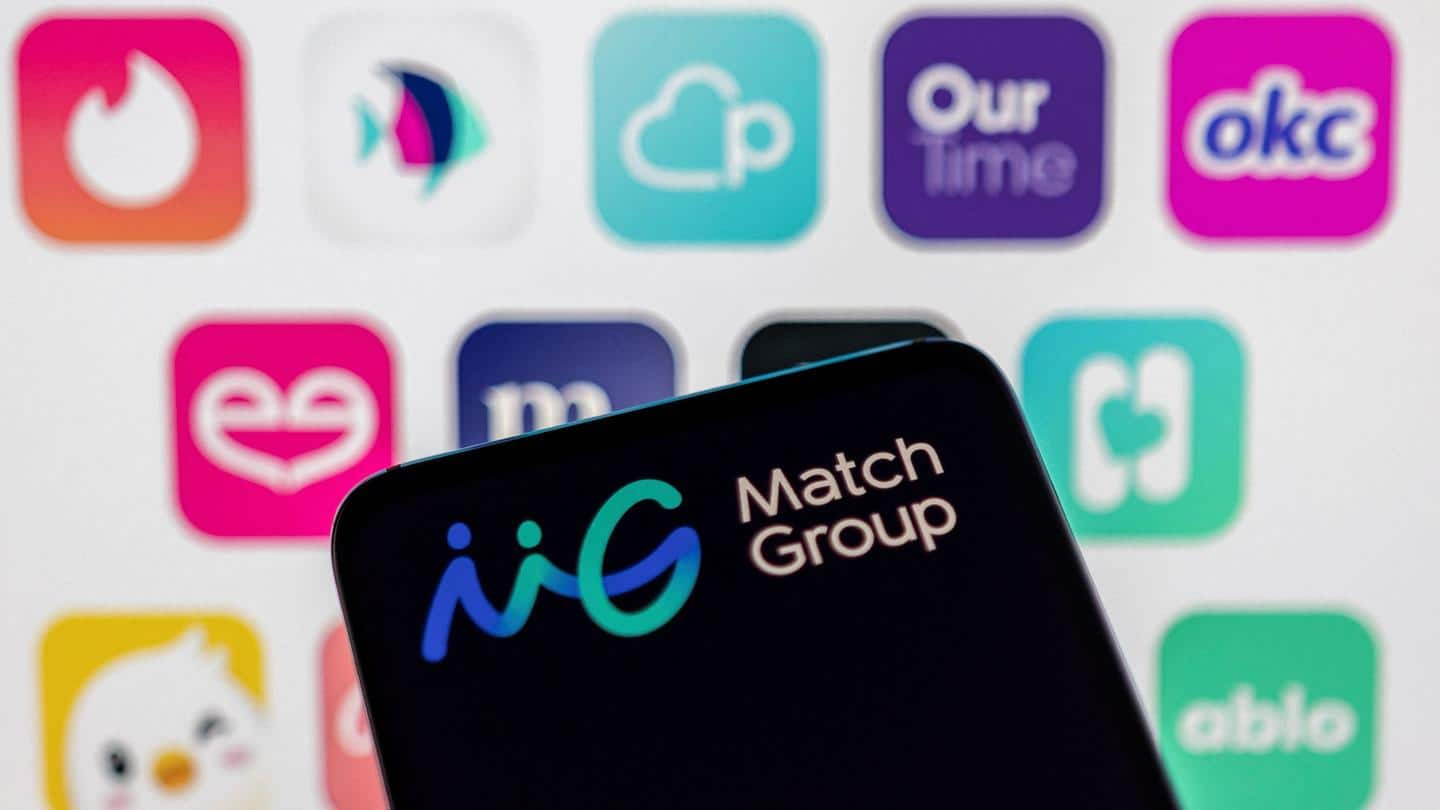
Hinge, Tinder's parent company sues Google over restrictive billing practices
What's the story
Tinder's parent company Match Group has sued Google, alleging that its Android apps are being forced to use Google Play Store billing for payments and pay a 30% royalty on each transaction.
Match Group does not want to pay this fee and fears that its apps will be banned by the tech giant. It has accused Google of violating antitrust and unfair competition laws.
Context
Why does this story matter?
This is not the first instance of Google being hit with an anti-trust lawsuit. Among them, is the famous one of Fortnite's owner, Epic Games. Monopolistic business practices seem to be a common thread in all such cases.
As for Match Group, it believes that an intervention by the judiciary will save it from being booted from Google's Play Store.
Reason
Match wants access to alternate payment methods for its apps
Match Group owns several dating apps, including Hinge and OkCupid.
According to its court filing, over 90% of its app downloads are via Play Store, and there is no way to circumvent it.
Apps on the store have to use Google Play Billing for all in-app transactions, and they are not allowed to direct users to other payment methods. Match wants to change this.
Accusations
Match Group accused of exploiting Google's goodwill
Google has hit back at Match saying that roughly 3% of developers have to pay royalties and that the latter is one of them.
Match Group has been accused of avoiding payment for the "significant value" it receives by utilizing Google's platforms.
"Like any business, we charge for our services, and like any responsible platform, we protect users against fraud and abuse in apps."
Flexibility
South Korean users can choose their billing method
Google says that its fees cover platform development as well as several safety measures.
It has accused Match Group of wanting access to its users and global distribution platform for free.
The tech giant also claims that users in South Korea are free to choose their billing method but Match has not taken advantage of it.